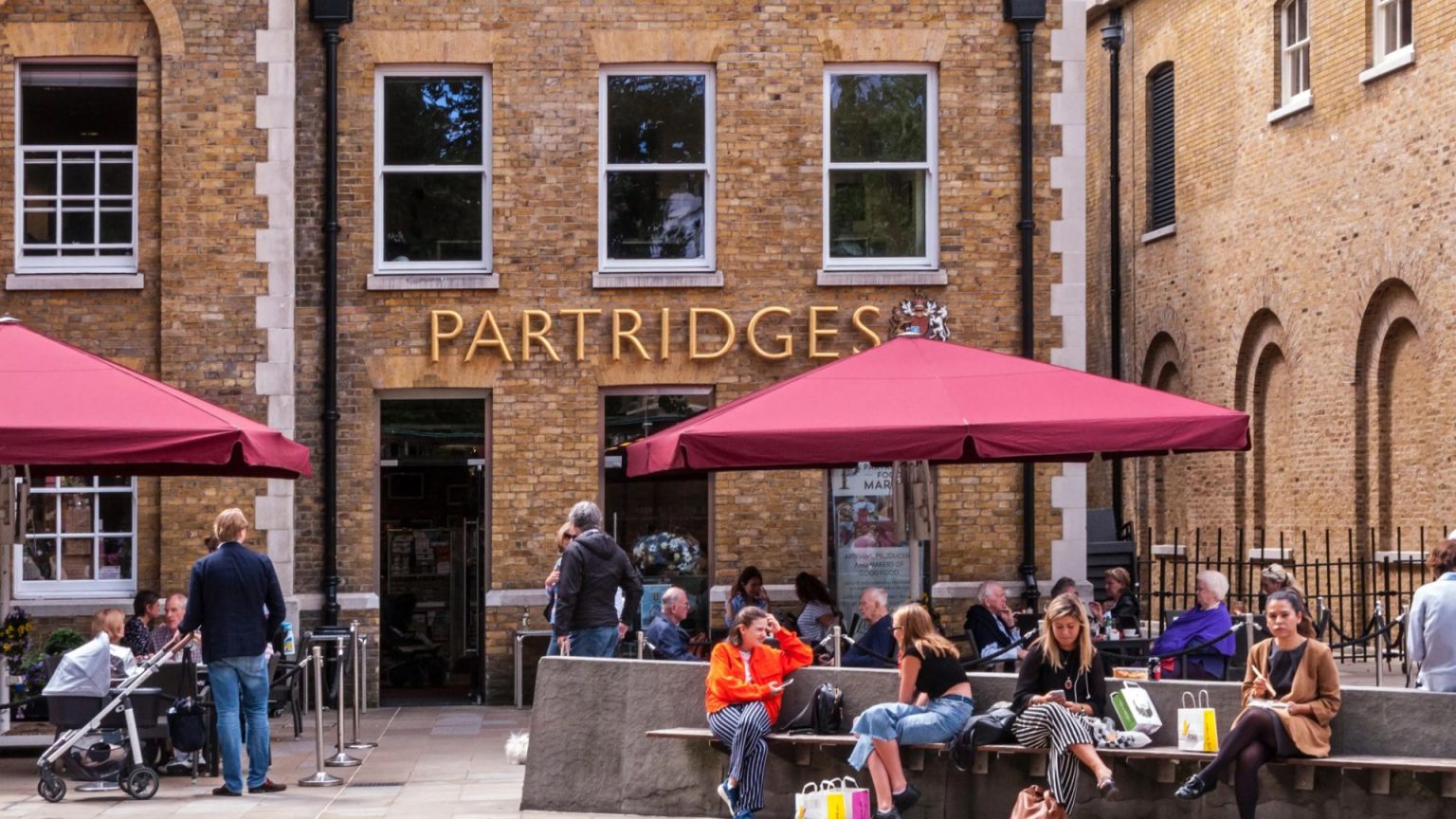Partridges, a beloved Chelsea grocery institution, has closed its doors after 53 years of serving the community. Known for its gourmet and international selections, the store attracted a diverse clientele, from A-list celebrities and members of Parliament to the mega-wealthy. The closure marks the end of an era for the Sloane Street landmark, which had become synonymous with luxury and exclusivity. Cadogan, a local property manager, will take over the space and plans to continue operating a similar store under a new name, preserving the legacy of Partridges while ushering in a new chapter. The weekly Fine Food Market, a popular community event, will also continue under Cadogan’s management.
The closure of Partridges reflects broader challenges facing the retail sector. The post-pandemic landscape, coupled with rising energy costs and a shift towards online shopping, has created a difficult environment for brick-and-mortar stores. Increased employer National Insurance Contributions (NICs), a higher minimum wage, and escalating operational expenses have squeezed profit margins, forcing many retailers to re-evaluate their strategies. Partridges, while a fixture in Chelsea, was not immune to these pressures. The decision to relocate to a smaller location in Kensington reflects a broader trend of downsizing and adaptation within the retail industry.
The economic headwinds impacting the retail sector are predicted to worsen in the coming year. Experts forecast a significant increase in store closures and job losses, exceeding even the tumultuous period of the COVID-19 pandemic. The Centre for Retail Research (CRR) anticipates the closure of over 17,000 retail sites in 2025, a significant jump from the previous year. These closures are expected to result in substantial job losses, underscoring the fragility of the retail market. Small businesses, in particular, are vulnerable to these economic pressures, as they often lack the resources to weather sustained downturns. The combination of rising costs and reduced consumer spending creates a precarious situation for many independent retailers.
Partridges’ history is intertwined with the social fabric of Chelsea. It served as a hub for the community, attracting a loyal clientele that spanned generations. From former Prime Minister Margaret Thatcher to actresses Jane Asher and Sophie Winkleman, the store drew a diverse range of high-profile shoppers. Its delicatessen was particularly popular, drawing celebrity chefs and discerning palates seeking unique culinary experiences. The weekly Fine Food Market further solidified Partridges’ place in the community, attracting both local residents and visitors alike. Even royalty, including Princess Michael of Kent, frequented the market, highlighting its widespread appeal.
The store’s connection to the Royal Family began with a Buckingham Palace order in 1991, culminating in a Royal Warrant as grocers to Her Majesty the Queen three years later. This prestigious recognition underscored Partridges’ commitment to quality and its status as a purveyor of fine foods. The store’s offerings, ranging from bird’s nest soup and gulls’ eggs to frozen jugged hare, catered to a discerning clientele with a taste for the extraordinary. Partridges’ legacy extends beyond its gourmet offerings; it represents a bygone era of personalized service and community engagement, a time when local shops played a central role in the lives of their customers.
While the closure of the Chelsea location marks the end of a chapter, Partridges’ story continues. The move to Kensington represents a new beginning, a chance to adapt and evolve in the face of changing market dynamics. The smaller, more sustainable format reflects a conscious effort to align with evolving consumer preferences and embrace a more environmentally responsible approach. The company’s recent achievement of carbon neutrality for both its Chelsea and Gloucester Road shops underscores this commitment. Despite the challenges facing the retail sector, Partridges remains committed to its core values of quality, community engagement, and sustainable practices, ensuring that its legacy continues to thrive in a new location and a new era.


